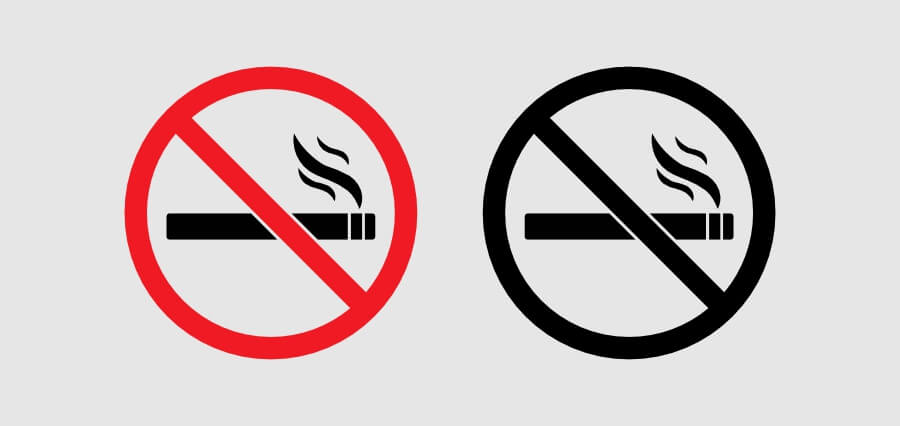Prime Highlights:
A new meta-analysis found that comprehensive bans on tobacco advertising, promotion, and sponsorship (TAPS) reduce smoking odds by 20% and decrease the risk of smoking initiation by 37%.
The study analyzed 16 global studies involving nearly 500,000 participants and was published in Tobacco Control.
Despite evidence of effectiveness, only 66 countries have fully implemented best-practice TAPS bans, according to a 2023 WHO report.
Key Background:
A new study has provided compelling evidence that bans on tobacco advertising and sponsorship significantly reduce smoking rates, supporting calls for expanding such restrictions worldwide. Published in the Tobacco Control journal on January 14, 2025, the study conducted by Australian researchers analyzed 16 global studies, involving nearly half a million participants, to assess the impact of tobacco advertising bans on smoking behavior.
The meta-analysis revealed that comprehensive bans on tobacco advertising, promotion, and sponsorship (TAPS) were linked to a 20% reduction in the likelihood of people smoking and a 37% decreased risk of individuals initiating smoking. This reinforces the growing body of evidence suggesting that TAPS bans have a substantial influence on reducing tobacco use, particularly among young people, who are more susceptible to tobacco marketing.
The World Health Organization (WHO) includes TAPS bans as part of its Framework Convention on Tobacco Control (FCTC), yet, despite their proven effectiveness, a 2023 WHO report indicates that such bans are still “under-adopted,” with only 66 countries fully implementing best-practice measures. In the WHO European region, which includes parts of Central Asia, just 13 of 53 countries have imposed complete bans on tobacco advertising and promotion.
Tobacco advertising has long been known to play a pivotal role in attracting new smokers, particularly adolescents. As Hazel Cheeseman, CEO of the UK charity Action on Smoking and Health (ASH), noted, advertising restrictions in the UK have led to significant declines in smoking rates among teenagers. She also pointed out that similar restrictions on vaping products are expected to have a similar effect on reducing youth uptake of vaping.
However, the study found no significant link between advertising bans and smoking cessation, likely due to a limited number of relevant studies and a high dropout rate among participants. Despite this, the researchers strongly advocate for expanding comprehensive advertising restrictions, arguing that partial bans are ineffective as they allow the tobacco industry to find loopholes or shift to alternative marketing strategies. Dr. Gauden Galea, a WHO advisor, emphasized that without stronger action on tobacco marketing, the European region could
become the world’s leader in tobacco use by 2030. The study’s authors and public health advocates alike are calling for stronger enforcement of tobacco advertising bans to protect public health and reduce smoking-related harm globally.





